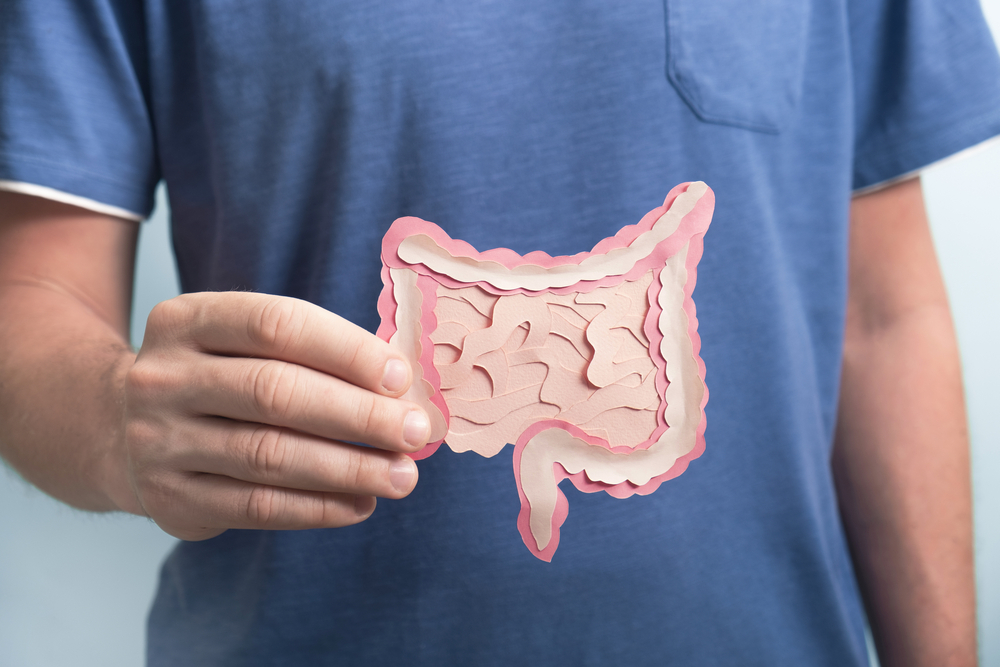Bloating can be like wearing an unwelcome burden: it’s uncomfortable, stressful, and plain aggravating. However, many of us ignore it as a common illness. In fact, this 2023 study discovered that about one in seven Americans feel bloated every week but don’t seek help for it. In this guide, we’ll look at the causes of bloating and provide you with some practical solutions for getting rid of this unpleasant sensation.
Unraveling the causes: gas, constipation, and lifestyle habits
According to Johns Hopkins Medicine, bloating is caused mostly by gas and constipation. Gas, a natural consequence of digestion, can build up excessively owing to causes such as quick eating or dietary intolerances, resulting in gut fermentation. Constipation, on the other hand, causes a backlog in your digestive tract, which worsens bloating.
Kamal Amer, M.D., a gastroenterologist at Gastroenterology Associates of New Jersey, emphasizes the necessity of taking into account lifestyle habits, saying: “We also assess to determine if there are any underlying digestive issues and to rule out more serious causes, such as infections and inflammation.” Identifying the underlying causes is the first step towards successful bloating alleviation.
Practical tips for battling the bloat
Revamp your diet: harness the power of food awareness
“Diet plays a huge role in bloating,” states Dr. Amer. Certain foods, such as dairy, wheat, legumes, and cruciferous vegetables, may cause bloating. Consider keeping a food journal to identify problematic foods. Caroline Susie, R.D.N., L.D. advises: “Keep a food journal noting your symptoms after eating, which you can share with your doctor.”
Fiber, the gastrointestinal superhero
Increasing your fiber intake promotes digestion and reduces constipation. Susie suggests including whole grains, fresh fruits, and veggies in your diet. However, she recommends a gradual increase to allow your body to adjust, along with proper water consumption.
Review your medications and supplements
Certain drugs and supplements, such as antibiotics, iron pills, and protein powders, can cause bloating. Dr. Amer recommends visiting your doctor if you feel bloating as a side effect and looking into alternate treatments.
Avoid carbonated drinks and encourage exercise
While hydration is crucial, choose still water over fizzy beverages, which can increase bloating. Susie emphasizes the benefits of exercise for gastrointestinal motility: “Regular walks or increasing your overall activity will relieve bloating.”
Yoga, breathing, and digestive harmony
Investigate the therapeutic benefits of yoga, particularly poses such as child’s pose or happy baby, which may aid in the release of excess gas. Additionally, diaphragmatic breathing triggers the relaxation response, which aids digestion.
Mindful eating: chew, savor, and enjoy
Dr. Amer emphasizes the value of attentive eating. Fasting or overeating may result in swallowing more air, which contributes to bloating. Accept smaller, more frequent meals, chew your food carefully, and enjoy every bite.
Lifestyle changes: stop smoking and ditch gum
Quitting smoking not only improves your general health, but it can also reduce bloating caused by swallowed air. Avoiding gum, which sometimes contains artificial sweeteners, reduces the consumption of excess air.
Homeopathic remedies
Natural remedies, such as peppermint, chamomile, and ginger, may provide comfort. Susie recommends teas with these substances because of their ability to soothe gut muscles.
Over-the-counter solutions: a helping hand
Dr. Amer advises over-the-counter gas relievers with simethicone for rapid relief. While dietary and lifestyle modifications are ideal, some drugs can provide temporary relief when necessary.
When to seek professional guidance: identifying red flags
Persistent bloating may signal an underlying medical condition that requires a professional evaluation. Dr. Amer discusses possible links to infections, SIBO, gluten or lactose intolerance, inflammatory bowel disease, and anxiety. Seek medical assistance if bloating is accompanied by serious symptoms such as weight loss, diarrhea, stomach discomfort, or fever.
In the fight against bloating, information and proactive measures are your allies. Understanding the causes and following practical tips will help you regain control of your digestive health. Remember that bloating is a signal, and responding to it with smart decisions results in a happier, healthier gut.











